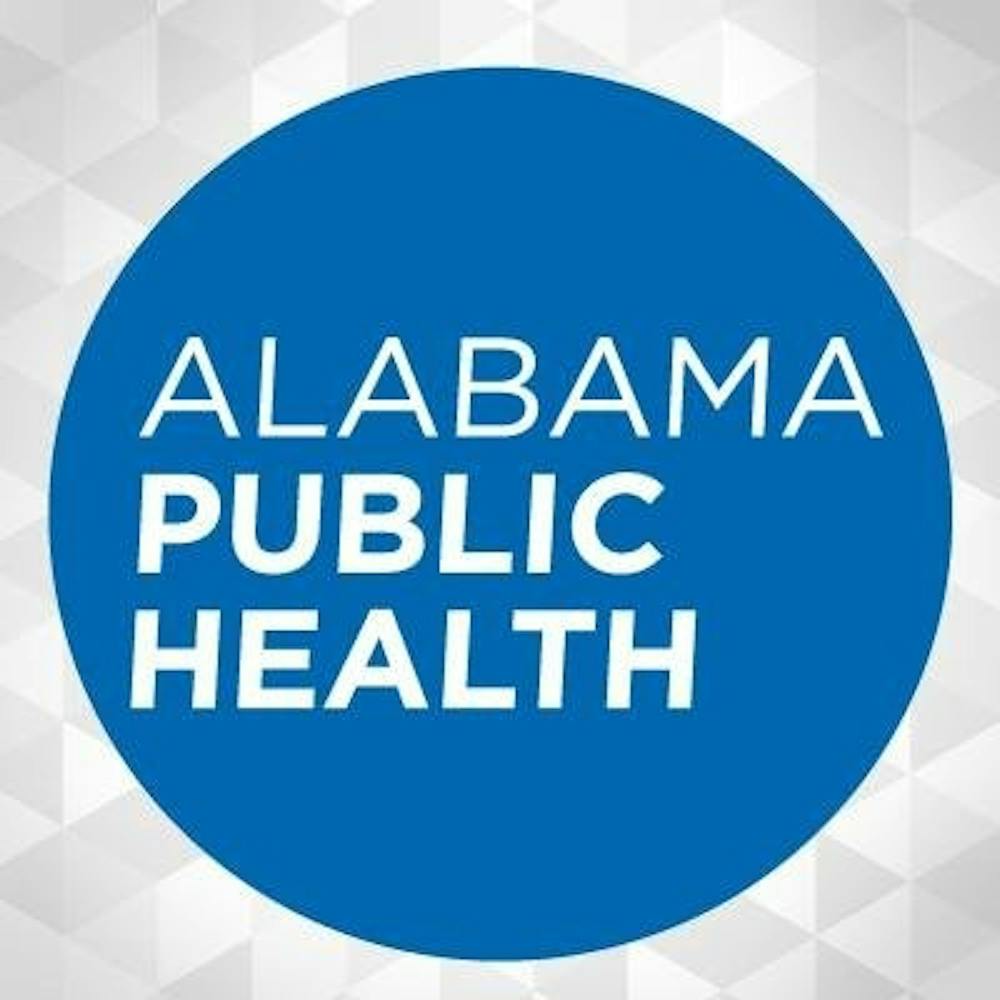AUBURN, Ala. (EETV)- Influenza (flu) activity levels are increasing across the state of Alabama. The flu is a very contagious respiratory illness and the best preventive measure for influenza illness remains the flu vaccine. The Alabama Department of Public Health (ADPH) has been notified of a possible pediatric death related to influenza. The investigation is early and ADPH does not provide details on individual cases. ADPH will be conducting flu shot clinics statewide. Vaccine is available for both children and adults and there will be no charge for the vaccination during these Influenza Vaccination Clinics.
Locally, there will be one at 1801 Corporate Drive in Opelika Thursday January 18 from 1-3pm. Due to impending weather conditions, we may be forced to reschedule these, so please call the numbers located within the Influenza Clinic Schedule found at alabamapublichealth.gov/
Some of the symptoms of influenza include fever, cough, sore throat, runny/stuffy nose, headache, muscle aches, and extreme fatigue.
Preventive measures include:
Get flu vaccine, it is not too late
Stay at home when ill
Cover your cough and sneeze
Wash hands
Clean and disinfect
Dr. Wes Stubblefield, President of the Alabama Chapter of the American Academy of Pediatrics, stated, "I have never seen a flu season this serious. Pediatricians are alarmed about the severity of recent cases and I urge families to be vaccinated against influenza as well as follow the advice of their physicians regarding any treatment measures, including antivirals." Antiviral medication should be considered to reduce the severity of influenza. Dr. Karen Landers, pediatrician with ADPH, states, “While much of the information for antiviral use has been for high risk patients, antiviral medication can be prescribed early in the course of the illness in otherwise healthy persons as determined by the clinical judgment of the healthcare provider. The medication works best when given within the first 24-48 hours of symptom onset.”







